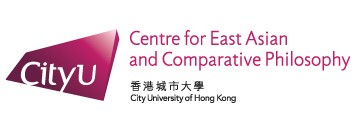The Ethical Status of Non-Human Animals from an East-West Comparative Perspective
Project director:
Dr. Hektor K. T. Yan
This project is focused on the ethical dimensions of the relationship between human and non-human animals. The worldwide use of non-human animals for human consumption and scientific research not only concerns the welfare and interests of non-human animals, it is also relevant to environmental issues such as global warming and food safety. With due recognition of the classic work done by philosophers such as Peter Singer and Tom Regan, this research project is designed to explore the possible contributions East-Asian traditions of thought can make to contemporary debates on the ethical status of non-human animals. Among other aims, it seeks to explore whether there are viable alternatives to utilitarian and right-based approaches by looking into the philosophical, ethical, and religious traditions of East-Asia. An additional aim of this research is to examine and analyze how metaphors, narratives, and ideologies shape and impact on the way humanbeings conceptualize and perceive those things that fall into the category ʻanimalʼ. This critical perspective on the very concept of the ʻanimalʼ can not only help us more fully understand the nature and our relationship to ʻanimalsʼ and ʻnatureʼ, it can also provide us with a more complete and thorough understanding of what is ʻhumanʼ.
Apart from fostering inter-cultural dialogues through intellectual exchanges between academics from different parts of the world, this research project aims to enrich and refine existing ethical theories. By adopting a multi-disciplinary approach; this project will be of interest to philosophers, social scientists, animal activists, policy-makers, legislators, and other stake-holders.

